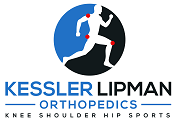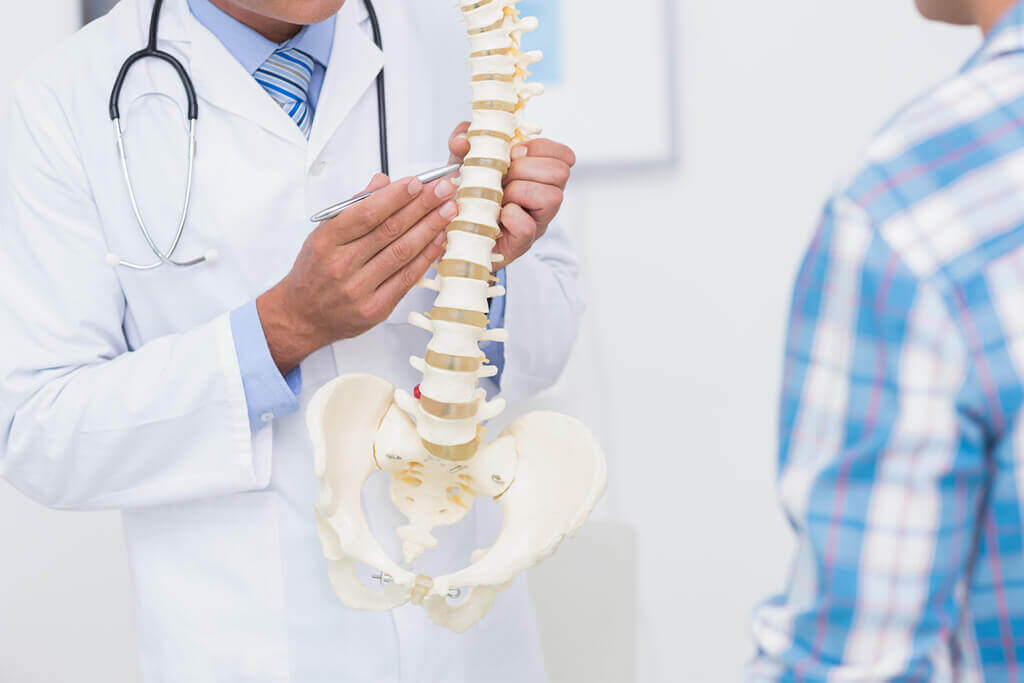Symptoms of Heart Disease, Heart Attack, and Stroke
Introduction
Heart Attack
A heart attack is a life and death medical emergency. You should call the emergency medical services in your area, usually 911, if you or someone else experiences one or more signs of a heart attack. A heart attack can be fatal, and receiving emergency medical treatment as soon as possible is vital for sustaining life. The more time that passes before a person receives emergency treatment, the more likely a person is to experience permanent heart damage or death.
The symptoms of a stroke begin suddenly. The symptoms may be more severe at the beginning of a stroke. The symptoms may get continually worse or fluctuate for the first couple of days. Some symptoms may go away; however, you should not ignore the signs of a stroke even if your symptoms go away. A stroke is considered complete when the symptoms stop getting worse.

Copyright © - iHealthSpot Interactive - www.iHealthSpot.com
This information is intended for educational and informational purposes only. It should not be used in place of an individual consultation or examination or replace the advice of your health care professional and should not be relied upon to determine diagnosis or course of treatment.
The iHealthSpot patient education library was written collaboratively by the iHealthSpot editorial team which includes Senior Medical Authors Dr. Mary Car-Blanchard, OTD/OTR/L and Valerie K. Clark, and the following editorial advisors: Steve Meadows, MD, Ernie F. Soto, DDS, Ronald J. Glatzer, MD, Jonathan Rosenberg, MD, Christopher M. Nolte, MD, David Applebaum, MD, Jonathan M. Tarrash, MD, and Paula Soto, RN/BSN. This content complies with the HONcode standard for trustworthy health information. The library commenced development on September 1, 2005 with the latest update/addition on February 16, 2022. For information on iHealthSpot’s other services including medical website design, visit www.iHealthSpot.com.


